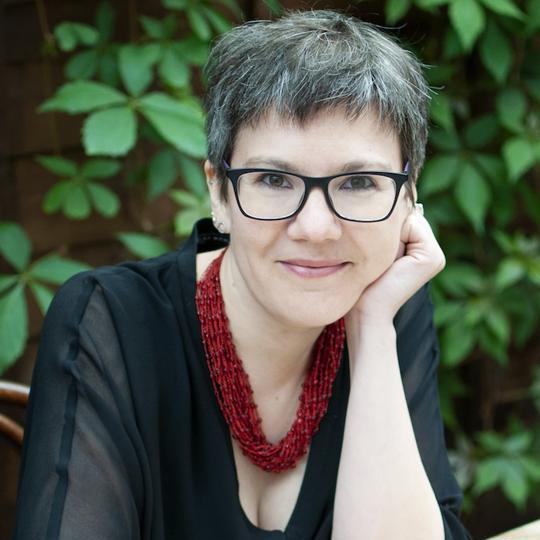Please note: this event has passed
About
In this presentation, we will present findings of a qualitative study that explores the role of urban neighbourhoods in the mental health and wellbeing of refugees, specifically focusing on Somali refugees in London and Bristol, UK. The presentation will foreground reflections from two Somali community representatives and advisory board members who supported the study.
Adopting an eco-social perspective, the study reveals how Somali refugees navigate a complex urban environment comprising various neighbourhood features which include important places near home, interactions with neighbours, and community spaces. While these features afford them resources to improve mental health and wellbeing, they also present challenges such as high urban density, exposure to violence or discrimination, and neighbourhood disorder.
In conclusion, we will emphasise the importance of recognising refugees' agency and providing continuous support throughout the asylum process and beyond to ensure stable and safe living conditions and promote refugee mental health and wellbeing.
This event is the first session of the newly launched Refugee Mental Health and Place Series.
How to join this event
This is an online event that is free and open for all to attend.
Please click here to register for your place.
After registering, you will receive a confirmation email with the login details for the session on Zoom.
About the speakers
Abdirahman Salah is the coordinator and advisor for the Barnet Somali Community Group (BSCG) in Northwest London. He provides advice on welfare, housing, education, immigration, employment, and health, including mental health. He is also a Chairman of the Barnet Multicultural Community Centre, which is the umbrella organisation for the BSCG, Asian Old People’s Association and Afro-Caribbean Community.
Ali Awes is a community support worker at the Certitude’s Somali Project, an award-winning service that supports people from the Somali community in Lambeth. The Somali Project connects people who are isolated or have mental health needs to increase their support networks, confidence and familiarity when using wider community resources, and to improve access to mental health services. He is also the vice-chairman of South Kilburn resident’s association and elected community representatives’ trustee at South Kilburn Trust.
Guntars Ermansons is a Lecturer in the Department of Global Health & Social Medicine at King’s College London. He is also a co-lead of the Refugee Mental Health and Place Network. His main research interests are centred on migration and forced displacement, particularly focusing on refugee mental health and diaspora.
This event is organised by the Refugee Mental Health and Place Network and co-sponsored by the ESRC Centre for Society and Mental Health.
We would like all events to be inclusive and accessible. Please do not hesitate to contact us by email to trudy.1.mensah@kcl.ac.uk to let us know if you have any access requirements or to find out more about this session.
More information
Refugee Mental Health and Place Network
We are a growing network of researchers and community organisations exploring post-migration factors and refugee mental health. We seek to strengthen interdisciplinary expertise and intersectoral capacity to inform health and social policy to help improve mental health outcomes for refugees and asylum seekers. Read more in our recent blog on Understanding the role of place in refugee mental health to inform policy.
Mental Health and Psychosocial Support (MHPSS) Directory for Refugees and Migrants in London
The MHPSS Directory is a broad and detailed list of organisations providing mental health and social support services to migrants, refugees and asylum seekers in London and Greater London. Click here to find out more and to download the directory.
ESRC Centre for Society and Mental Health
The ESRC Centre for Society and Mental Health develops research to promote and sustain good mental health in communities. We aim to shift public debate about mental health away from a focus on individualised interventions, towards social practices and policies that promote and sustain good mental health.




